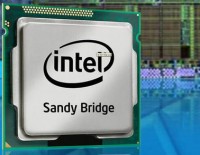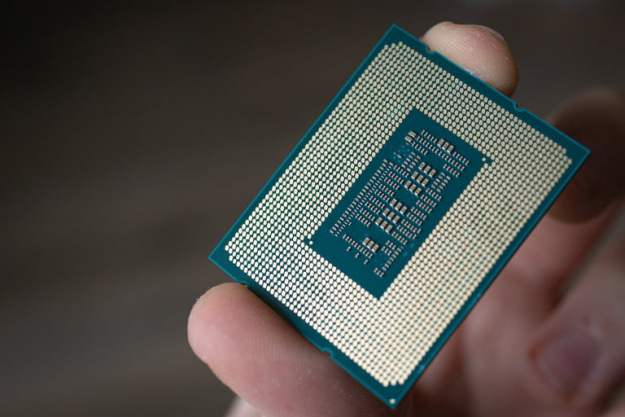
Intel’s big technology introduction for CES his year is its latest Core processors with integrated high-definition graphics capabilities designed to give AMD and Nvidia some competition in the performance graphics market. However, AMD has managed to steal some thunder with its low-powered Fusion chips that take on Intel’s Atom line and offer DirectX11 graphics support. Now, Intel is saying its integrated graphics controllers will get DirectX11 support too—but folks will have to wait until the next generation of CPUs, dubbed “Ivy Bridge.”
In an interview with IDG News service, Intel VP and PC Client group general manager Mooly Eden said Intel plans to offer DirectX11 support in the next generation of its processors for notebook and desktop computers, which should start shipping to OEMs and system integrators late in 2011—meaning they aren’t likely to get to consumers until 2012. The current Sandy Bridge chips offer support for DirectX10.1; Eden characterized the decision as timely, noting that it gives times for more applications to integrate support for DirectX11 and comparatively little software supports DirectX11 today. However, popular PC games are already supporting DirectX11…and the fact that AMD’s low-power Fusion chip was able to bring DirectX11 to the table now doesn’t make Intel’s graphics solution seem all that great in comparison.
In addition to providing more advanced graphical capabilities for games and other media-centric tasks, DirectX11 includes methods that enable everyday applications to tap into the parallel computing capabilities of graphics chips for everyday tasks.
Intel says the forthcoming Ivy Bridge chip line will be manufactured using a 22nm process, making them smaller and even more power-efficient than the Sandy Bridge chips, built using a 32nm process.
Editors' Recommendations
- Intel’s latest update improves gaming performance by up to 77%
- Windows 11 has been causing problems with Intel graphics for months, and no one said a word
- AMD Ryzen 9 7950X vs. Intel Core i9-13900K: a close battle
- Intel drops support for DirectX 9, but it may be a good thing
- Intel says GPUs supporting older games is still ‘a work in progress’



